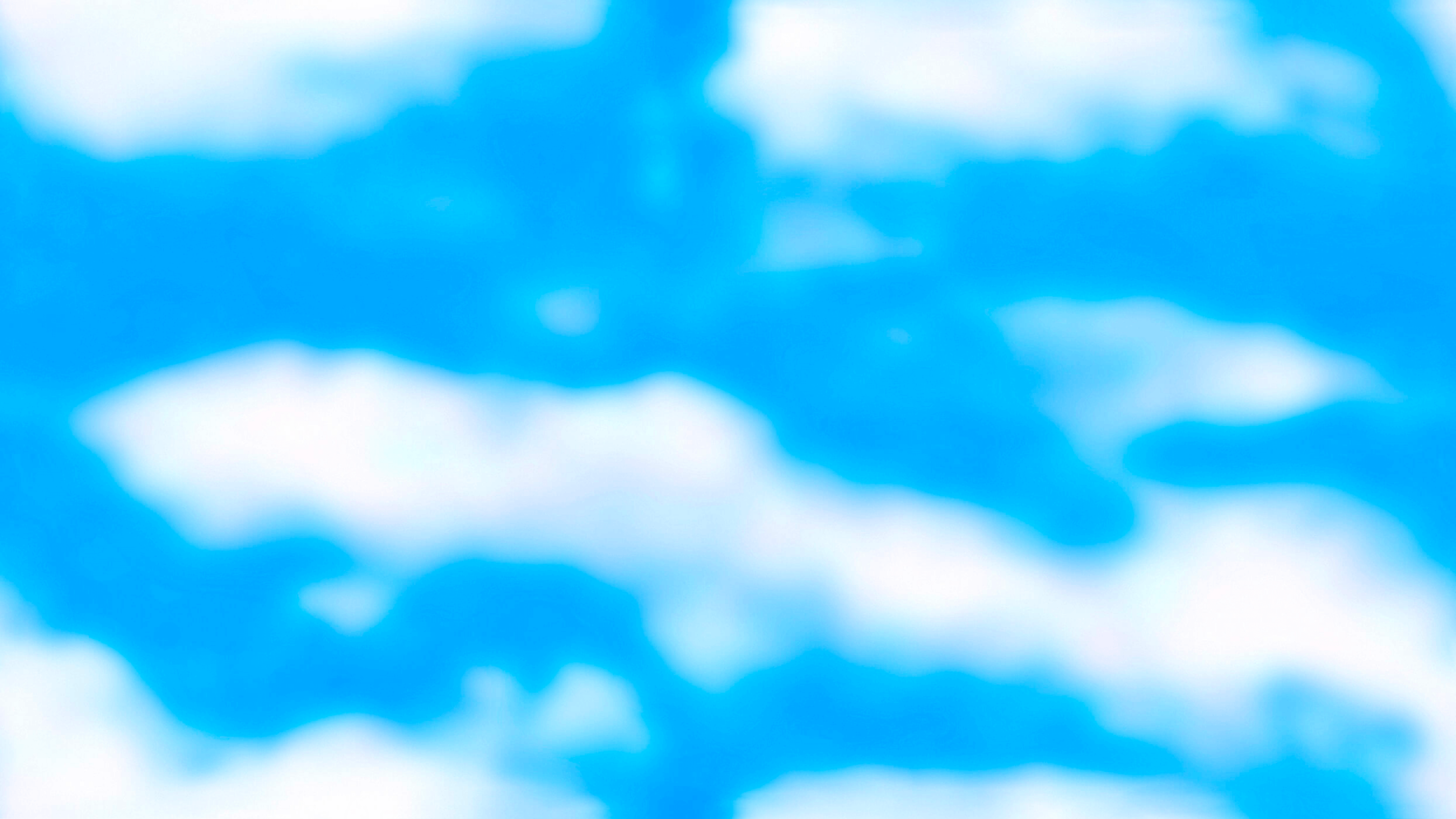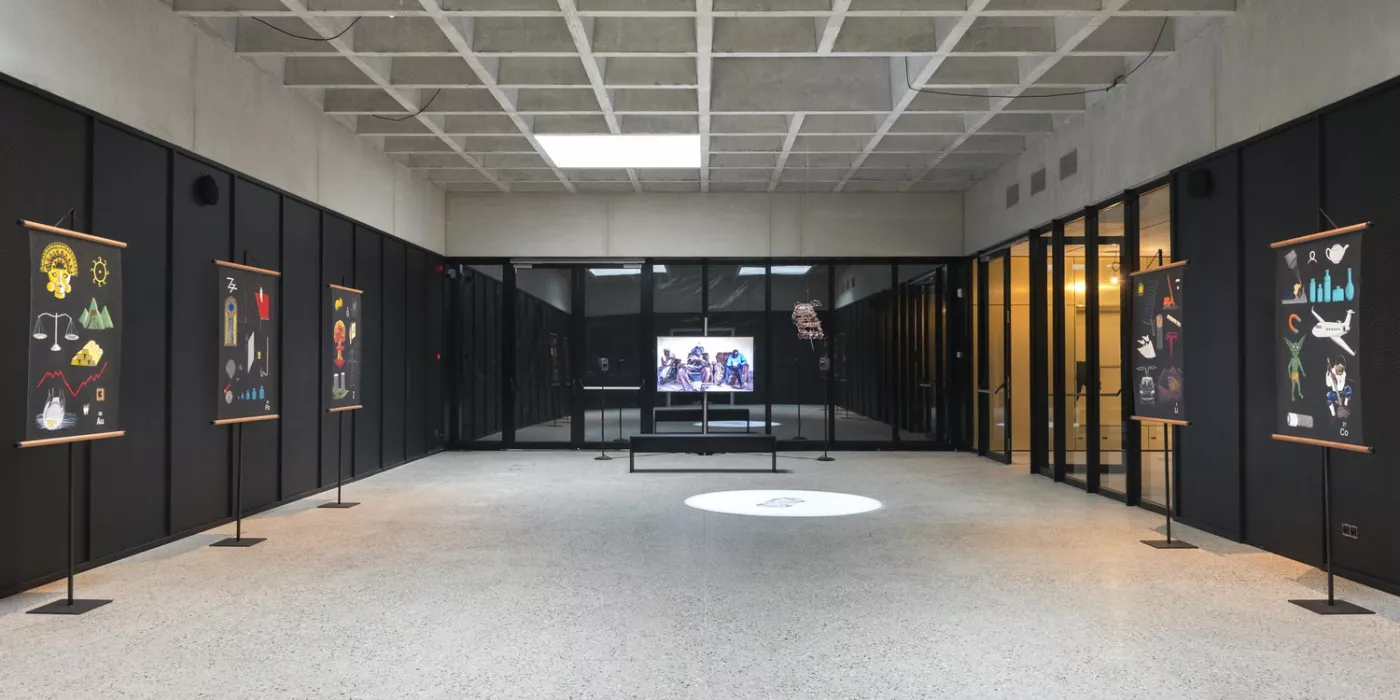The WaxingCrescent Moon Phase
11-13 January 2019 - Contour Biennale 9
The first of the three phases is aligned with The Waxing Crescent Moon Phase. During two days, lectures, performances, screenings, installation and discussions will address the themes and associations related to a state that comes just before the completion, of a phase that is in progress and in growth.
With a special attention to the past and how it carries within it the seeds for any moment in time, particular questions will be situated in contemporary Belgium: who is writing the history of colonisation and migrations, who is struggling for decolonisation, and who is creating the futurity of blackness within Europe.
The lunar cycle is one of our most natural rhythms. We are attuned to it either consciously or subconsciously. Its movement in time is cyclical, and it resembles the mediaeval hermetic symbol of the Ouroboros, the snake biting its own tail. In our conception of linear time, the three phases of the Biennale that will be aligned to the lunar cycle – the three public presentations that will be held in 2019 – can be seen as forming a dramaturgical triangle with its peak at the full moon, growth as its prologue and degrowth as its epilogue. It includes an opening onto a future that repeats itself, at least to an extent, time and time again.
In one of his recent talks, the choreographer Faustin Linyekula evoked the word lóbí in Lingala, which literally means adjacent day, and can stands for either yesterday or tomorrow, according to the context and verbs in the sentence. In analogy to lóbí, the three phases of the Biennale will place an emphasis on the present moment in which they are actually happening, but in that presence, there is always a certain evocation of the past and the future.
Speak Up — Amandine Gay
Speak Up is Amandine Gay’s first documentary. It gives a voice to women of African descent who converse about what it means to be a woman today while belonging to Afro communities in francophone Europe.
By sharing their experiences and aspirations for the future, these women speak up and take control again of their own representation. The screening of Speak Up will happen at the youth center ROJM. The discussion on experiences of young people of different cultural origins and living in Mechelen and how these could be translated into art will be moderated after the projection by Meryem Charkaoui, volunteer at ROJM.
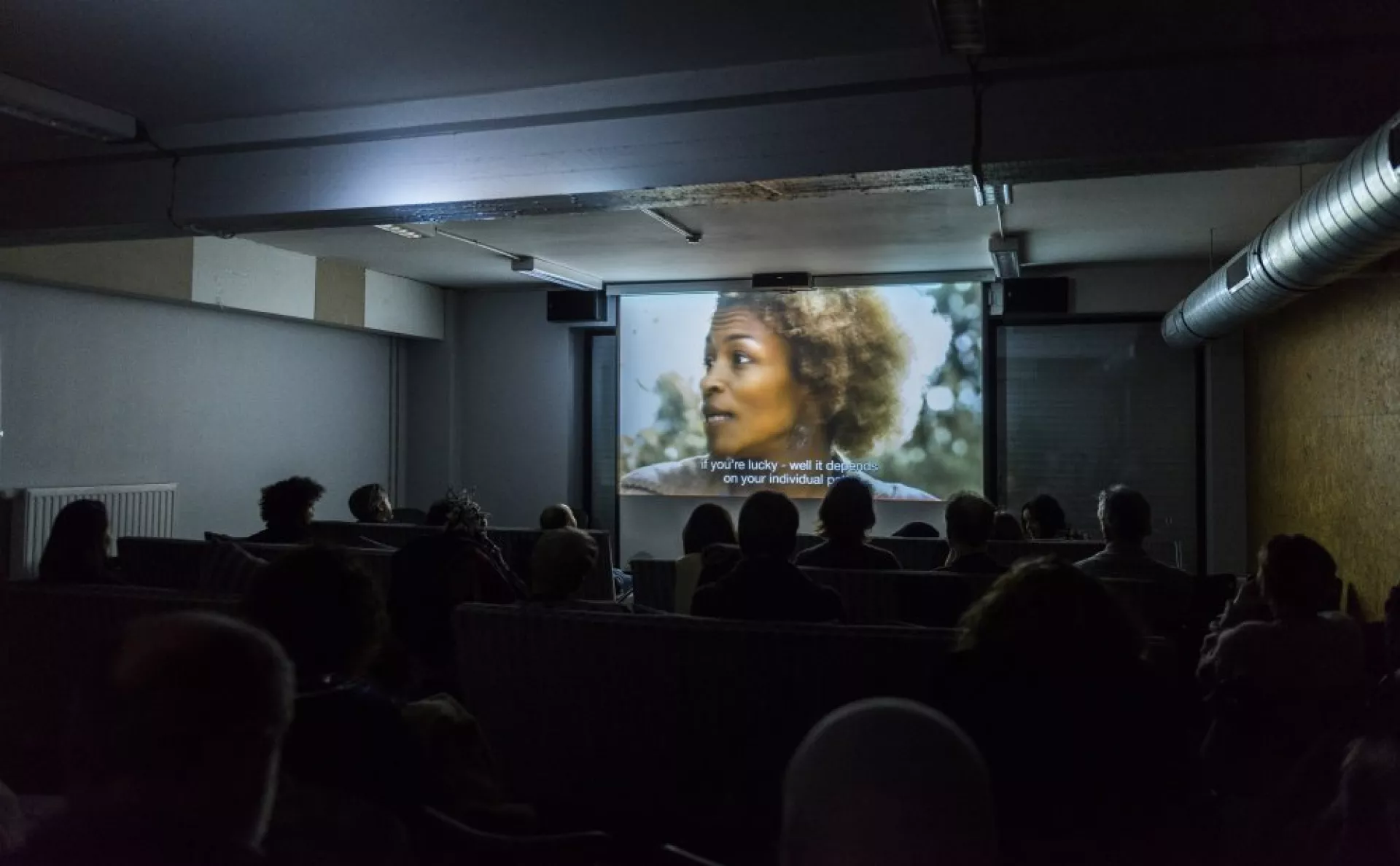
Friday 11 January 2019 - 17:00 - 19:30
Wish List — Samira Saleh
Wish List – the art of social conscience brings together an impressive international line-up of guests from various creative backgrounds. Each guest hosts an evening of talk, film and performance to reveal what motivates them to link their creative output to broader social issues. The series of events is hosted and moderated by Dalilla Hermans, herself a notable figure in the struggle for social justice.
Award winning Spoken Word artist Samira Saleh gives an insight to the deeper motivations that fuel her craft. Similar experiences are illustrated in her selected film, Louder Than A Bomb by Jon Siskel. It's about growing up, speaking out, making noise and finding your voice. Host & moderator for this edition is Reine Elisabeth Nkiambote.
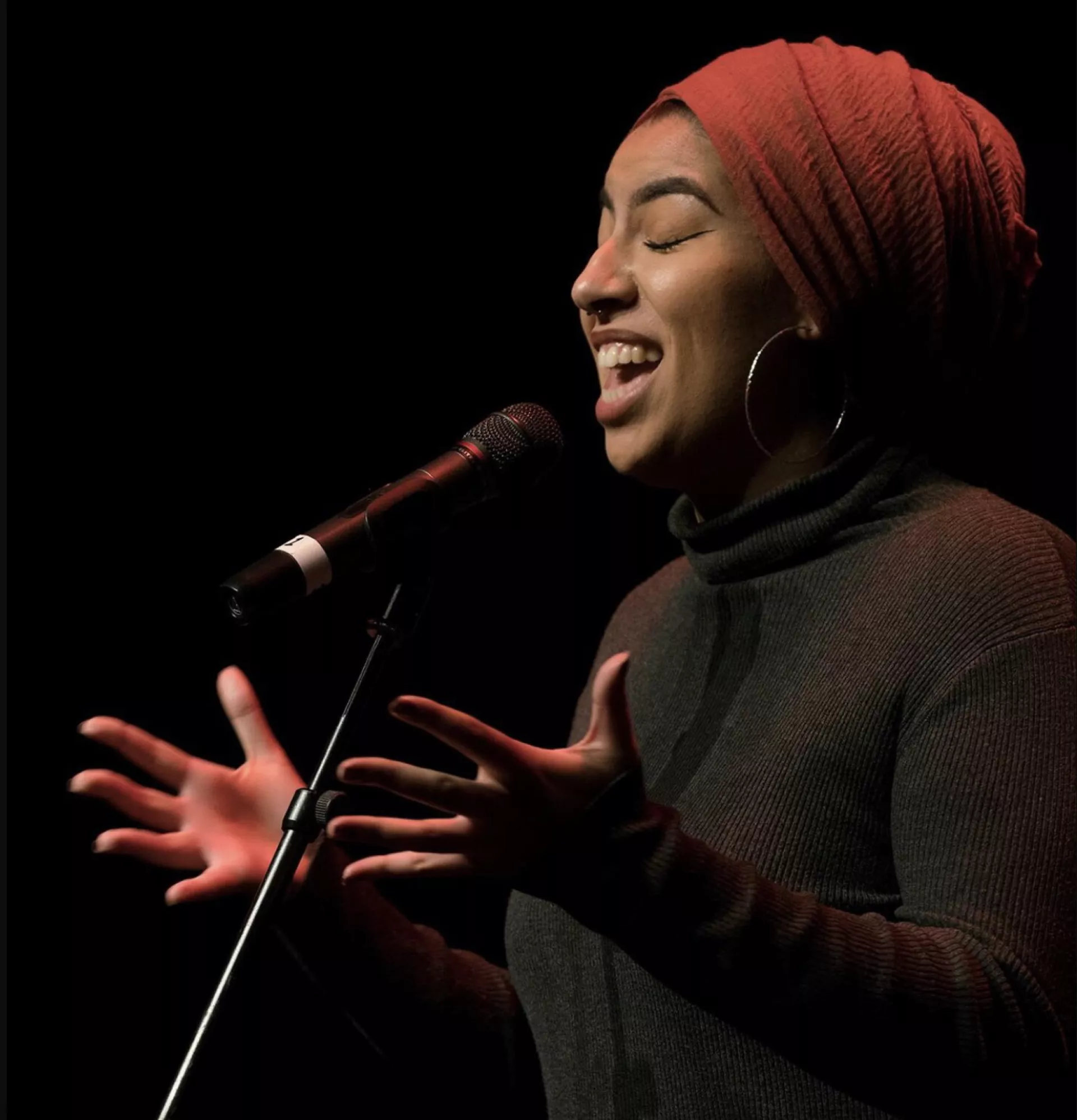
Friday 11 Jan 2019 - 20:30 - 23:30
Black Gold — Cadine Navarro
Black Gold is a constantly evolving installation by Cadine Navarro that enables us to question concepts such as value and waste. Black Gold will “consume” thoughts, sounds and matter for a period of six to eight months. For this reason the installation requires active participation from visitors including students of the academy and staff at Contour.
To get people to engage with her work, the artist will inaugurate the piece with an exploratory workshop. During this time there will be a chance to discuss and reflect on the terms we use and the actions we take with regards to our notions of value and waste.
Black Gold will be installed in the garden of Mechelen Academy, and start at the beginning of 2019, when the first new lunar cycle begins. The intention is to appeal to a wide range of local residents: students, refugees, artists, permaculturalists, government officials etc. In May 2019, an official presentation of the project will be held, followed by a full moon ritual.
Thus Black Gold will be an ongoing, performative and educational sculpture project intended to have a genuine and evolving impact on the local population. Black Gold imitates the part of us that the outside world transforms into who we are. It enables us to reconsider our interaction and connection with our direct environment. Black Gold uses simple, age-old design techniques and ecological knowhow to return us to our rightful place in the circularity of life.
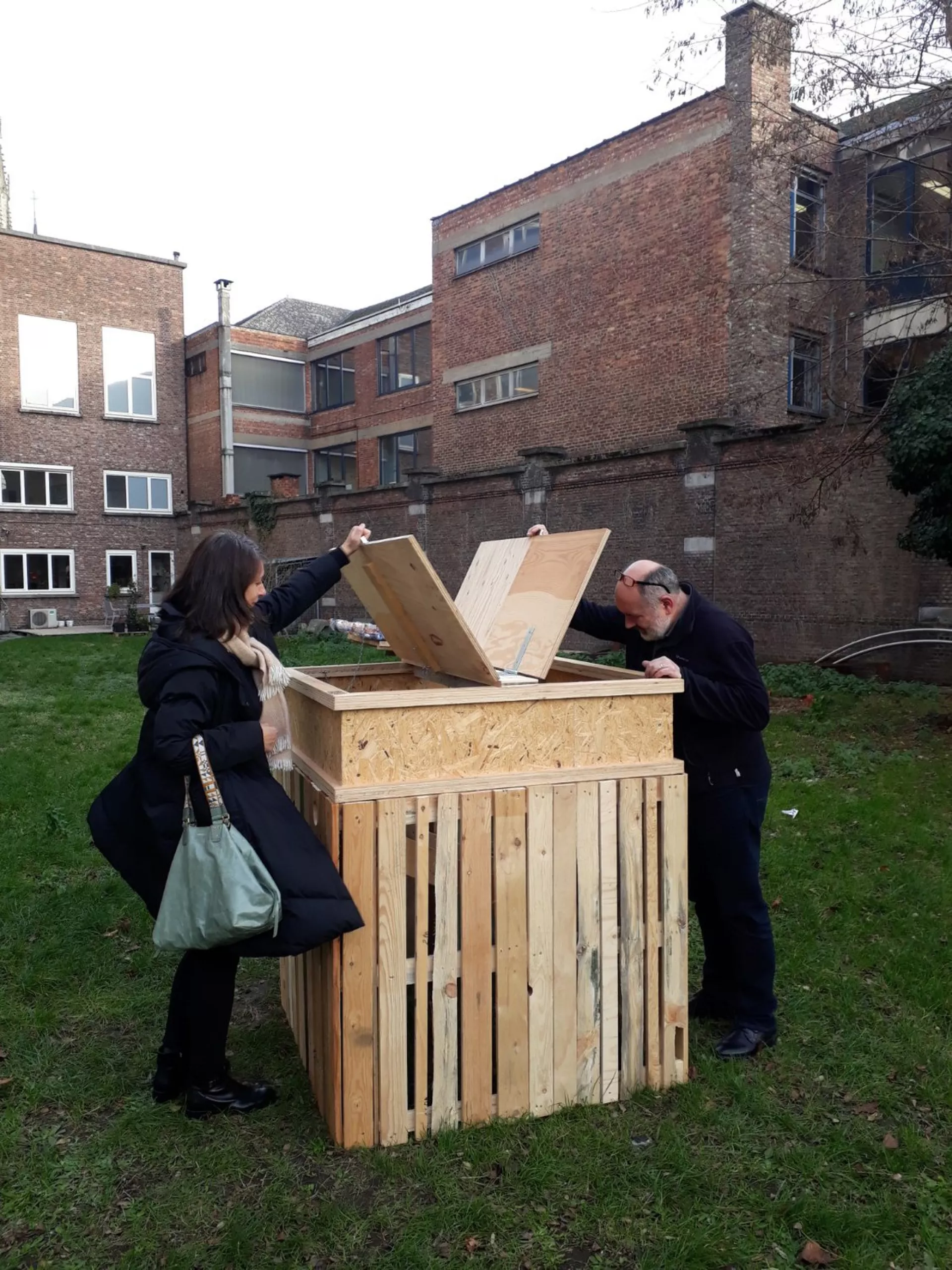
Saturday 12 January 2019 - 10:00 - 12:30
Guided tour at nona arts centre
Join us Sunday 13 January for a free guided tour across the installations of Contour Biennale 9. We meet at the starting point in kunstencentrum nona at 2 PM.
Thus Black Gold will be an ongoing, performative and educational sculpture project intended to have a genuine and evolving impact on the local population. Black Gold imitates the part of us that the outside world transforms into who we are. It enables us to reconsider our interaction and connection with our direct environment. Black Gold uses simple, age-old design techniques and ecological knowhow to return us to our rightful place in the circularity of life.
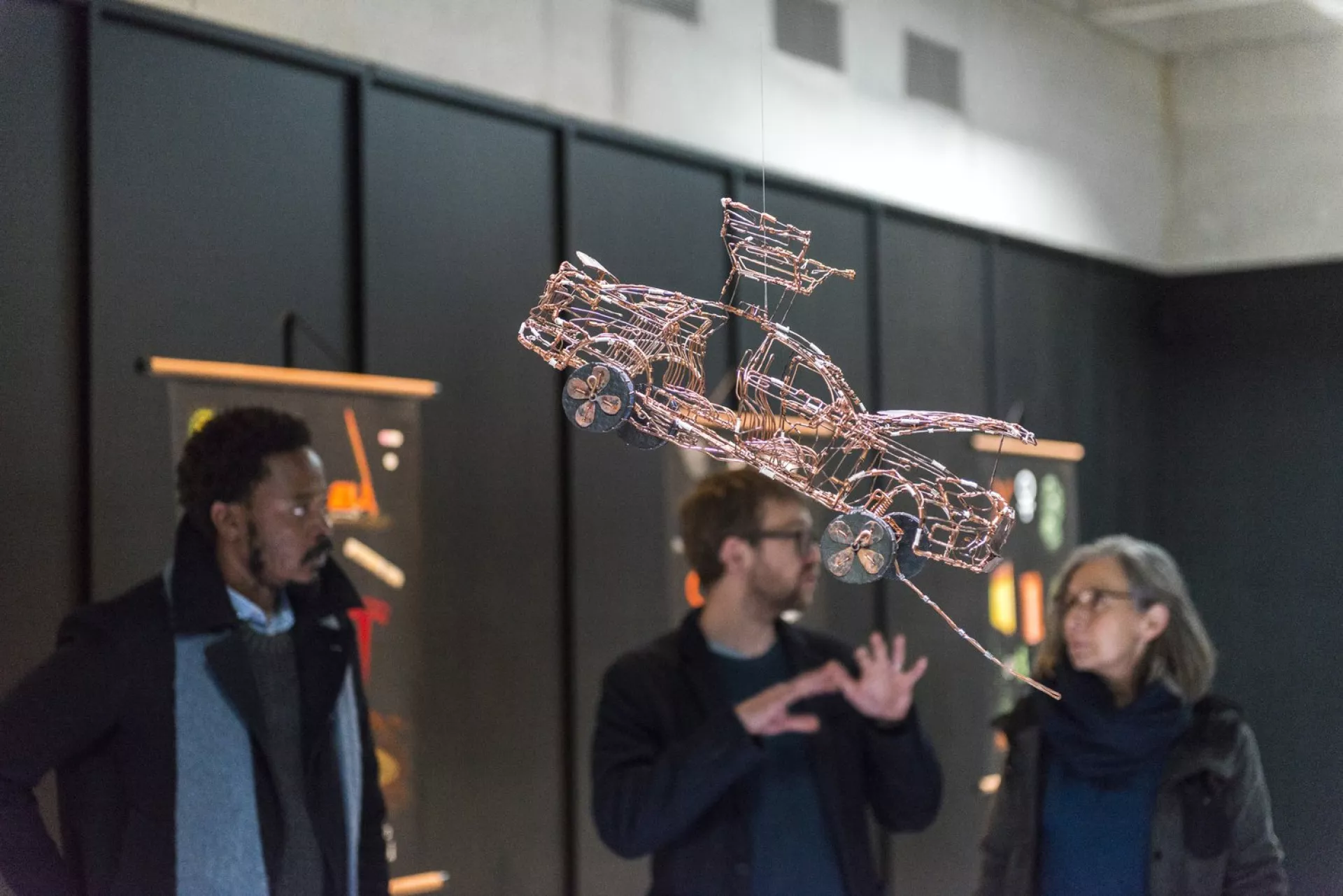
Saturday 12 January 2019 - 10:00 - 12:30
READING GROUP — Saddie Choua
Visual artist, documentary filmmaker and writer Saddie Choua will address various themes for her work in the context of Contour Biennale 9: the psychophysical trauma caused by racism, betrayal in solidarity, but also the counterforce of sisterhood and her work on solidarity practices. In Mechelen she will organize reading groups around the book of The Bluest Eye by Toni Morrison.
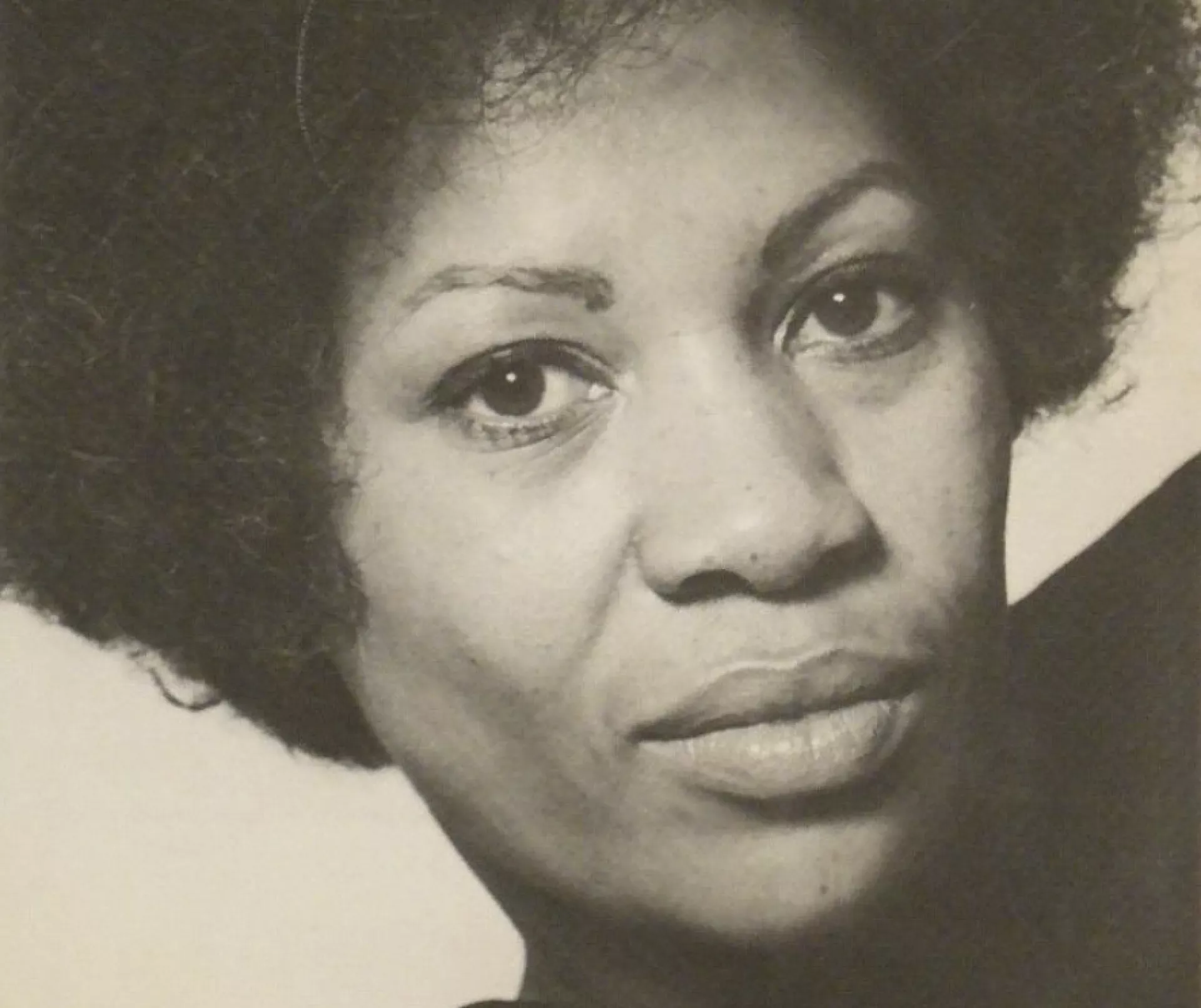
Saturday 12 January 2019 - 10:00 - 13:00
Heart-to-Heart Conversation - Monique Mbeka Phoba and Laura Nsengiyumva
This is the third Heart-to-Heart Conversation between artists and contributors to the Biennale in a series of several conversations held throughout the year. Heart-to-Heart Conversations about fears, reflections and attitudes can induce openness and willingness to debate crucial social and political questions of the past, present and future in Belgium and elsewhere.
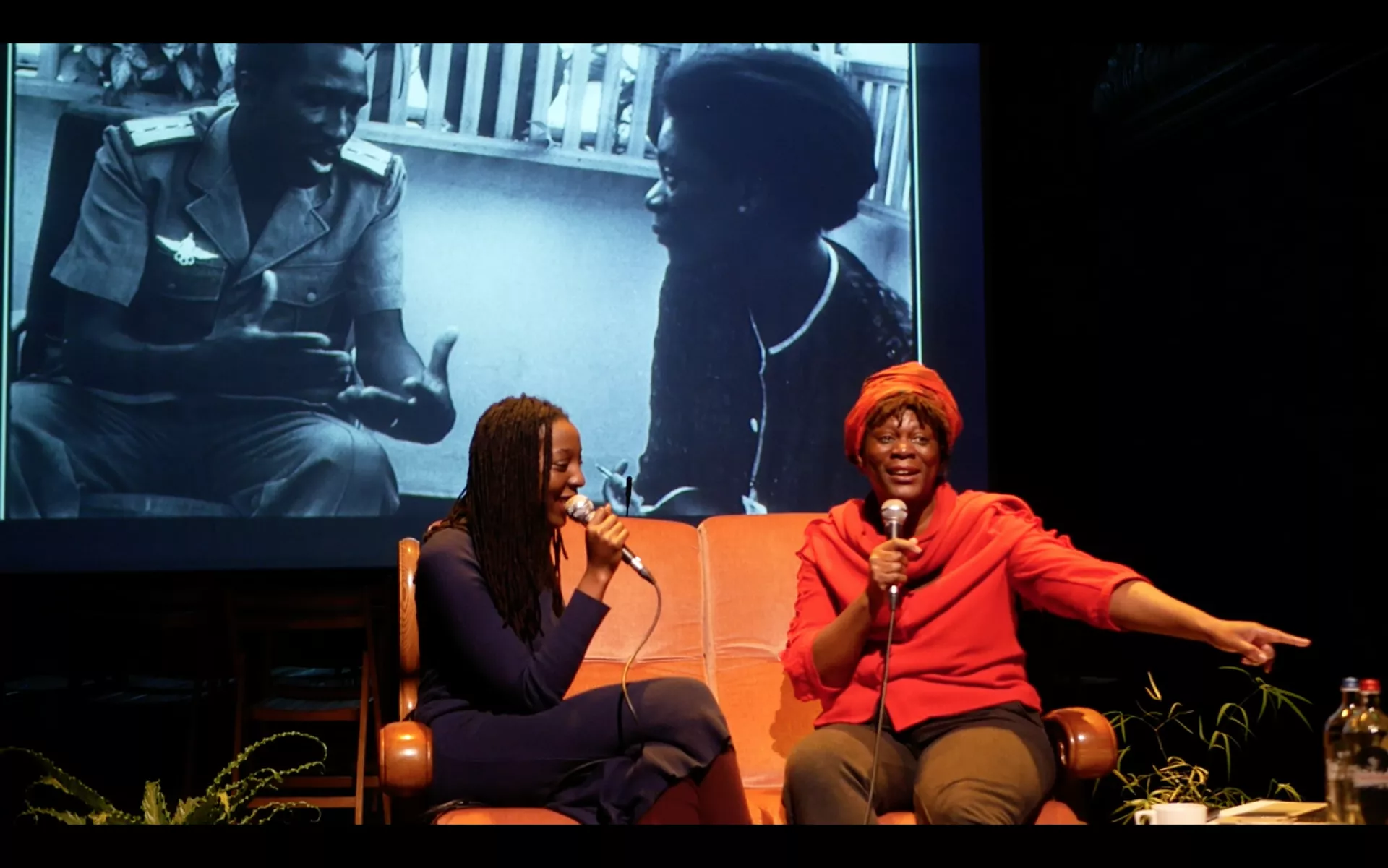
Saturday 12 January 2019 - 12:00-13:00
Greyzone Zebra
Greyzone Zebra plans to set up artistic research for Contour Biennale 9 in two stages. The collective, which has emerged from a need to reflect on colonial history, will organise an initial session on Saturday 12 January 2019. Greyzone Zebra intends to involve the public actively in discussion and writing processes. Family films from European colonies, dating from the 19th century to the first years of these colonies’ independence, provoke many questions that form the starting point for a dialogue. Greyzone Zebra will also use the first session to launch a call for films still gathering dust in people’s attics in Mechelen and the surrounding region. The collective will use these films to initiate a process of discovering and taking stock of film recordings from this period, along with people living in Mechelen.
The artistic practices that Greyzone Zebra is developing for family archives from the colonial period enable us to think together about processes of remembering and forgetting. The collective’s interest in these unknown film productions has to do with the spontaneity of the cinematic gesture. Although most of these private archives are not intended as deliberate propaganda, traces of it can often still be found. The private nature of the recordings enables us to shift our perspective from the discourse imposed by official ideology to a more intimate reading. In other words, these family films are valuable research material to put our view of colonial history into perspective.
The collective’s second intervention will be held during the final period of Contour Biennale 9. In October 2019, the Greyzone Zebra research at this final session will focus on the recordings they have collected with the help of people in Mechelen.
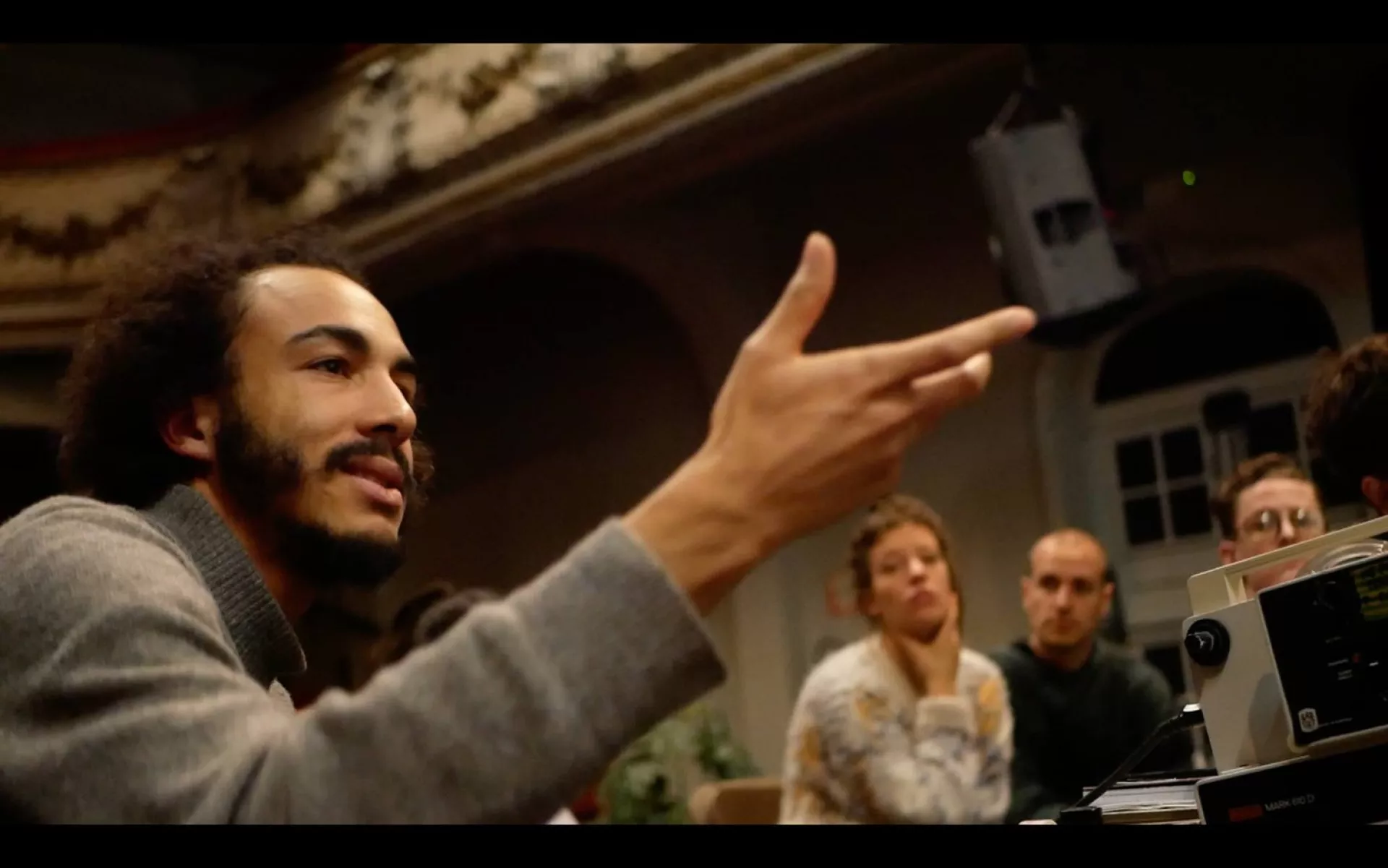
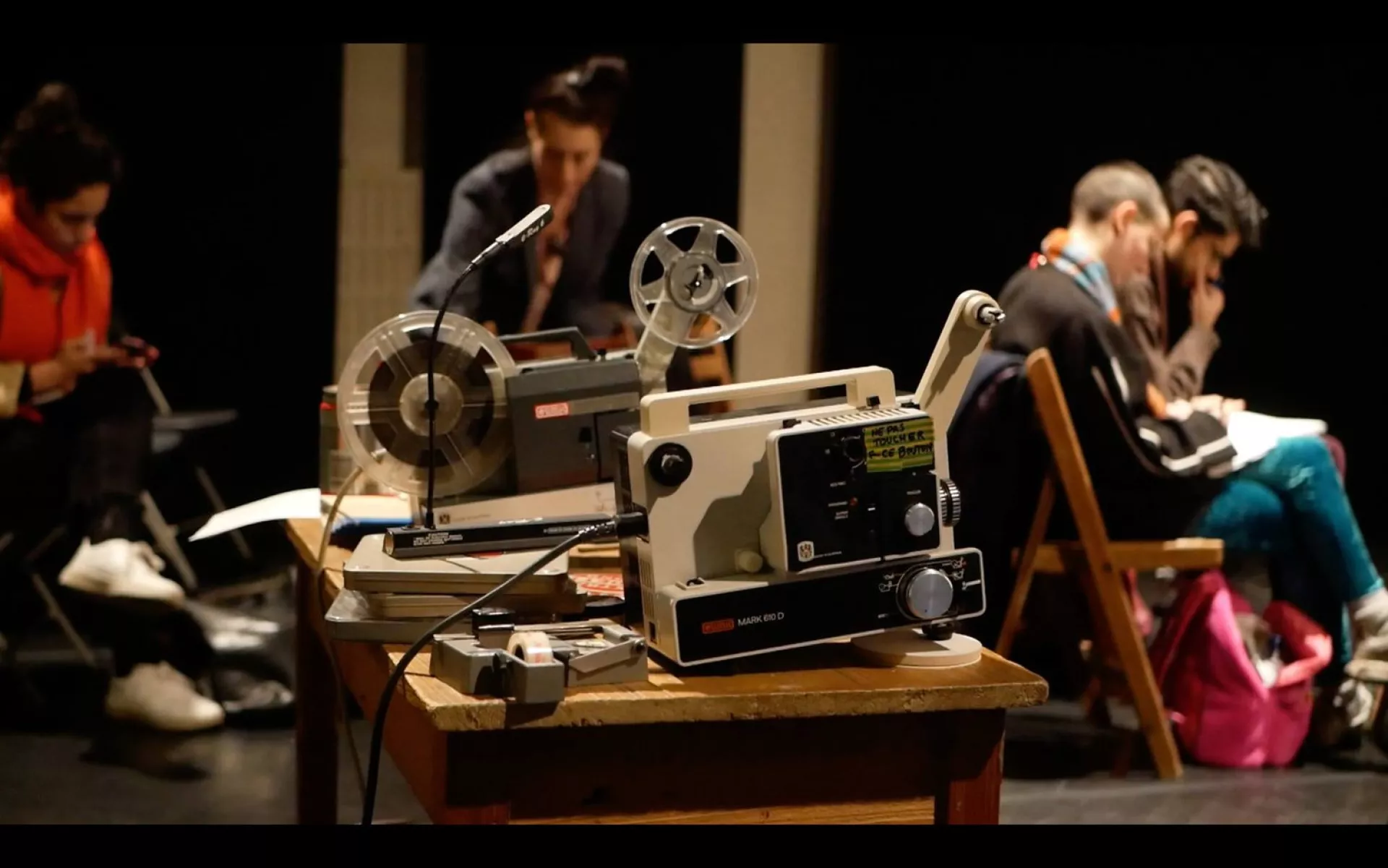
Saturday 12 January 2019 - 14:00-15:15
Masterclass - Colonisation in Belgian films in the last 30 years: a taboo? — Monique Mbeka Phoba
When documentary filmmaker Monique Mbeka Phoba was making her first short fiction film, Sœur Oyo (2014), she came to this conclusion: although quite a lot of cinematographic material was created about the colonial period at the time, this is no longer the case at all in recent decades. Recent films about the Democratic Republic of the Congo are very rare, with Thierry Michel’s documentaries as the one major exception. Being one of only a few people to look back on Belgium’s colonial history raised big questions for Mbeka Phoba. It inspired her to explore colonial issues within the themes of contemporary Belgian films. Her research has led to a masterclass in which Mbeka Phoba questions the taboo surrounding the colonial era.
The Nun’s Story (1959) by Fred Zinnemann, starring Audrey Hepburn, gave her the idea of confronting fiction with fiction for the first time after 20 years of making documentary films. Her short film Sœur Oyo tells the story of Godelive, a ten-year-old Congolese girl living in the colonial Congo in the 1950s. Godelive attends the Catholic boarding school Mbanza-Mboma, the first French-speaking secondary school for Congolese children. The girl becomes westernised, just as her parents wanted her to be. But then the memory of her grandmother turns her life upside down.
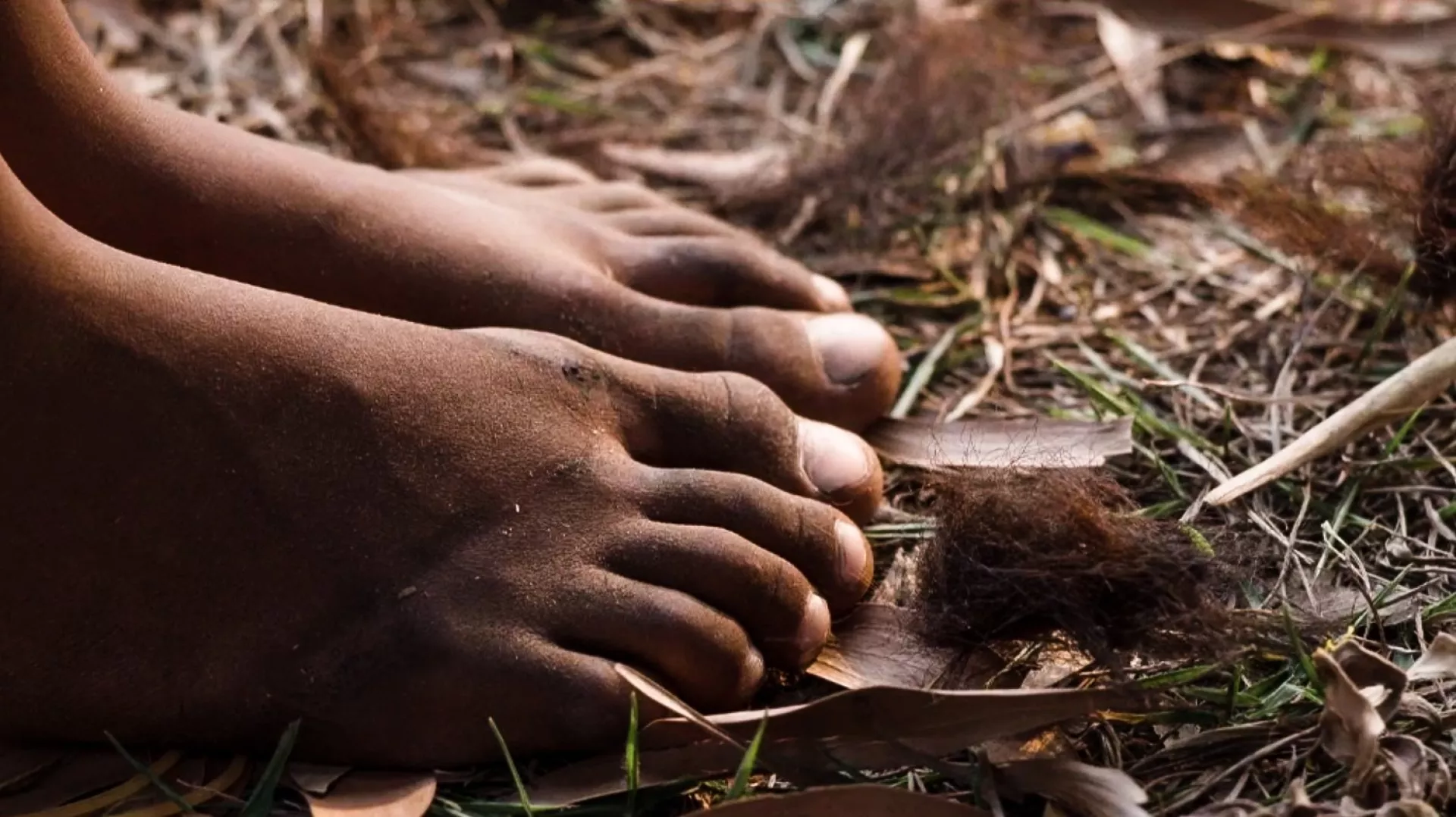
Saturday 12 January 2019 - 15:30-18:00
Representation or an Inescapable Fact of Existence — Fallon Mayanja
For the author and performer Fallon Mayanja, sound creations are the spaces where new words can be introduced and shared. They are a kind of “thinking machines” that put words and sentences into new contexts. Musicality is an essential aspect of this. Mayanja manipulates sound, allowing it to circulate so that it gains a broad right to existence in discursive spaces. She herself thinks of her work as assembled audio fragments. The auditory experience is important because it ensures that the viewer or listener has the chance to discover an unexpected cosmos of sound. In thematic terms, she introduces issues such as social justice, politics and the environment.
The work she has created for Contour Biennale 9 is derived from excerpts from various activists’ speeches. Mayanja uses them to create her own narrative discourse. Three melodies invite the listener to embrace this discourse. Fallon Mayanja uses the words of others to recreate her own speech. It is a speech about identity and daily life, based on ideas such as intersectionality, blackness, gender and sexuality.

Saturday 12 January 2019 - 18:30-19:00
Never — Raul Balai, The Black Archives
The Black Archives (TBA) aims to highlight the history of people of African descent in the Netherlands and beyond. For Contour Biennale, the artist Raul Balai has created an adapted version of his series Never, in collaboration with TBA co-founder Jessica de Abreu, as an integrated part of TBA’s Pop-Up book exhibition. Never focuses on the way the ‘West’ shapes the world and its insistence on its own perverse account of history as global fact or truth. It explores how these ideas are present everyday and everywhere, allowing the exploitation of true heritage with colonial and imperial centre partiality; how they are often culturally revised, and how the media and academia repeat and frame our world as part of the western ‘situation’, the bravado of its peoples and the heroism of its countries.Never focuses on the way the ‘West’ shapes the entire world and determines what can be seen as fact or truth. The work shows how these ideas are still present in everyday life as well as in the media and the academic world.
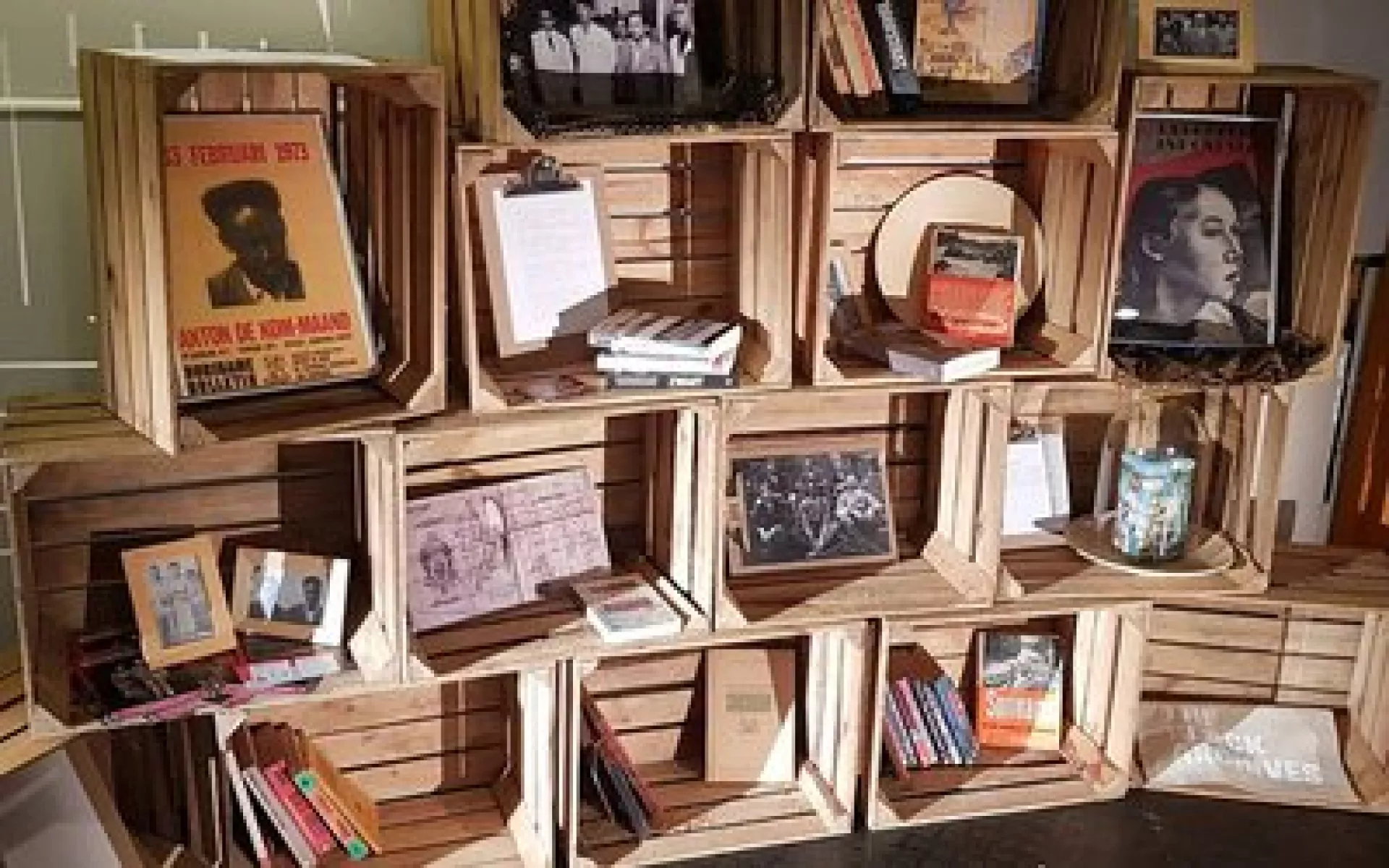
Saturday 12 January 2019 - 19:15-19:30
Euphoria — Black speaks back
Black Speaks Back, the collective of Afro-European artists from Belgium came together around EUPhoria (2018), an afro-futurist musical film. It traces the future of Europe in five short stories, from the perspective of the next generation of the African diaspora. That generation wants to win back its place in tomorrow’s Europe and its right to be. The film expresses excitement, fear and hope for the future. EUPhoria is the work of a talented group of young Europeans with roots all over Africa.
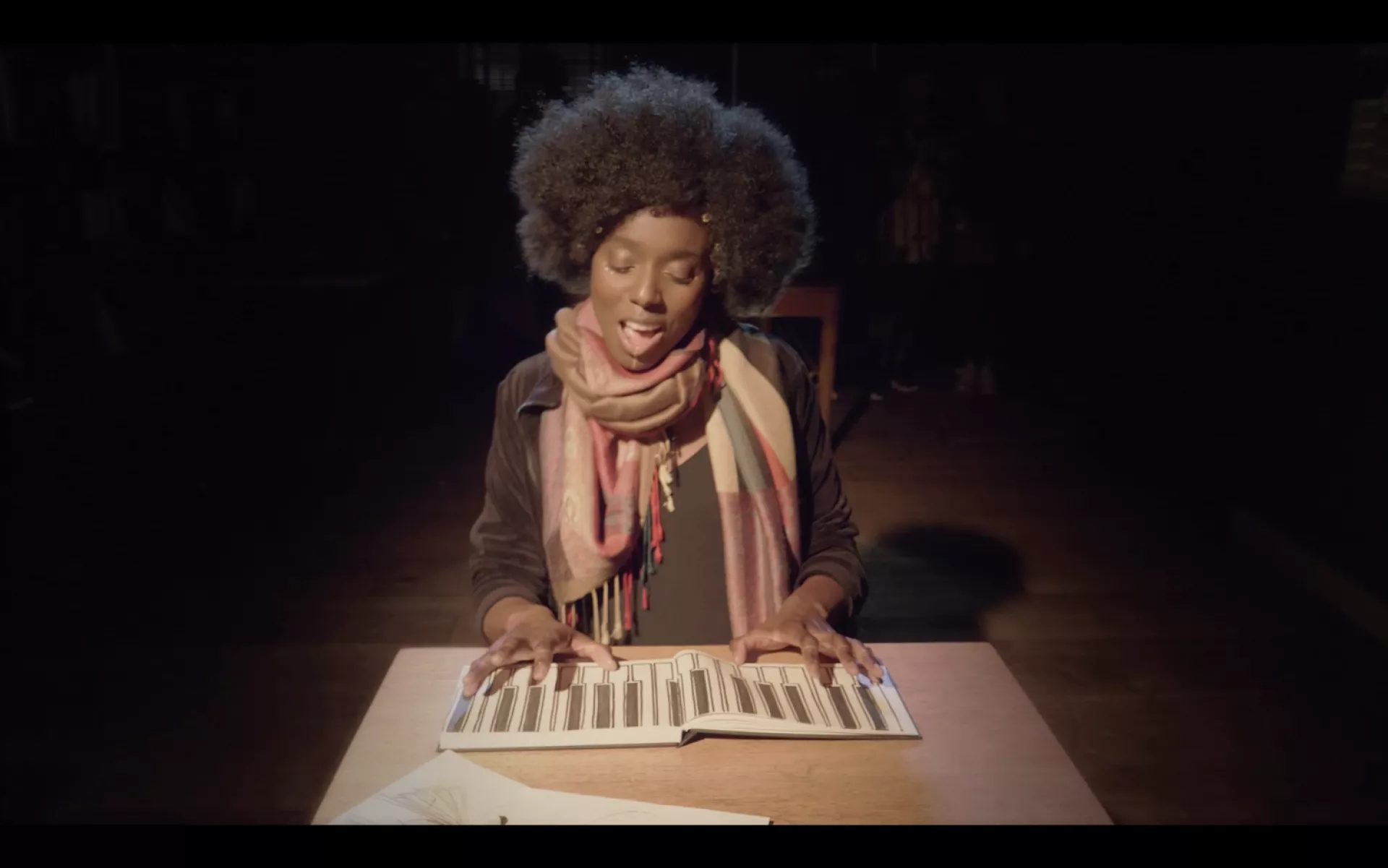
Saturday 12 January 2019 - 19:45-20:30
Transnational dialogue: blackness, futurity and creativity within Europe — Black Speaks Back, Black(s) to the Future, The Black Archives
Contour Biennale 9 brings together three initiatives by Afro-European artists and cultural producers in a transnational dialogue for the very first time.
A panel with accompanying performance and screening will bring together for the first time three initiatives conceived by Afro-European artists and cultural producers in a transnational dialogue on blackness, its futurity and creativity within Europe. Questions such as: How can black futurity be realized as a possibility for an alternative living? What will Europe look like in the future? What are creative strategies of refusing silencing? will be discussed by the members of the collectives Black Speaks Back , Black(s) to the Future, and Black Archives.
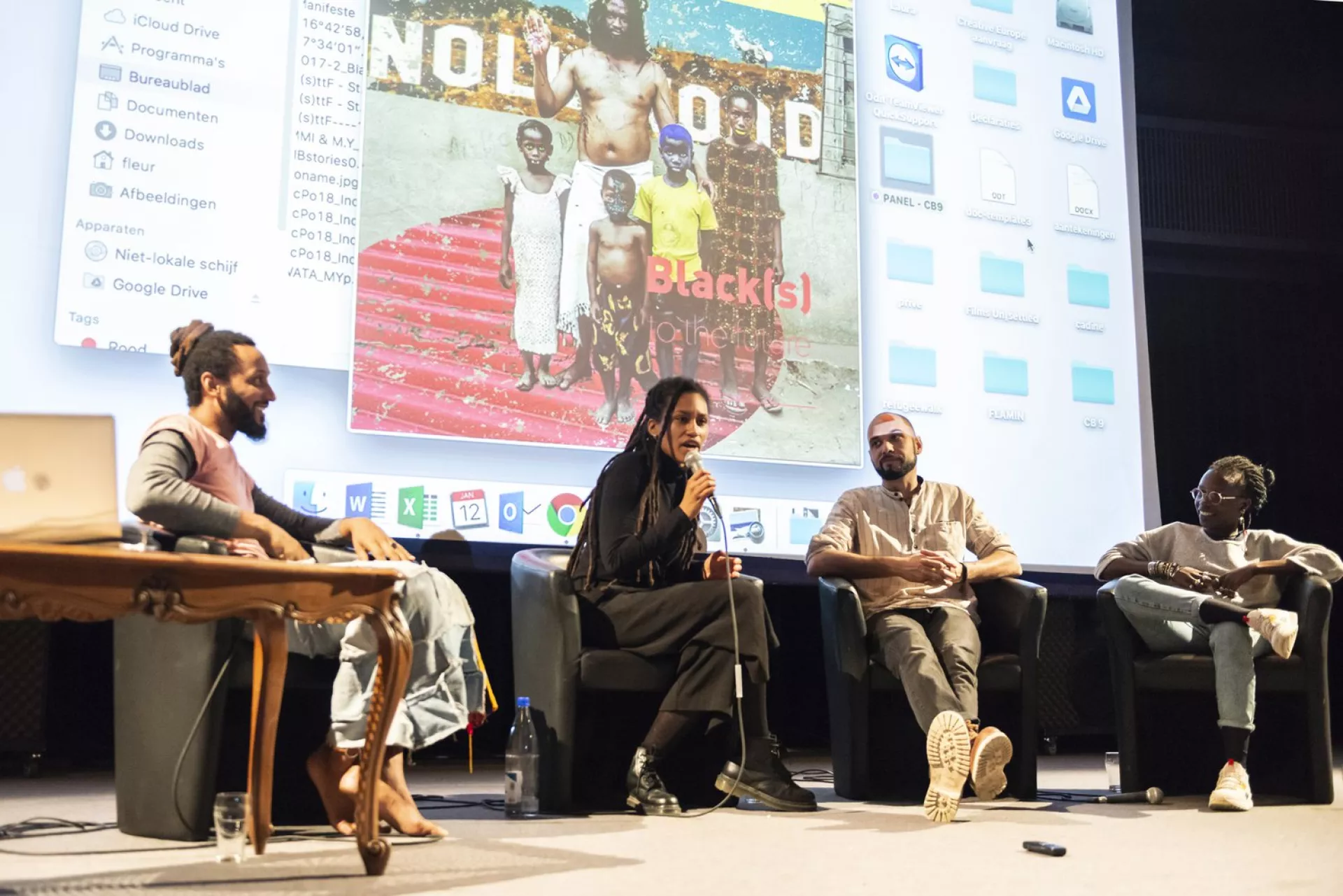
Saturday 12 January 2019 - 20:30-22:00
Guided Tour Contour Biennale 9
Join us Sunday 13 January for a free guided tour across the installations of Contour Biennale 9. We meet at the starting point in kunstencentrum nona at 2 PM.
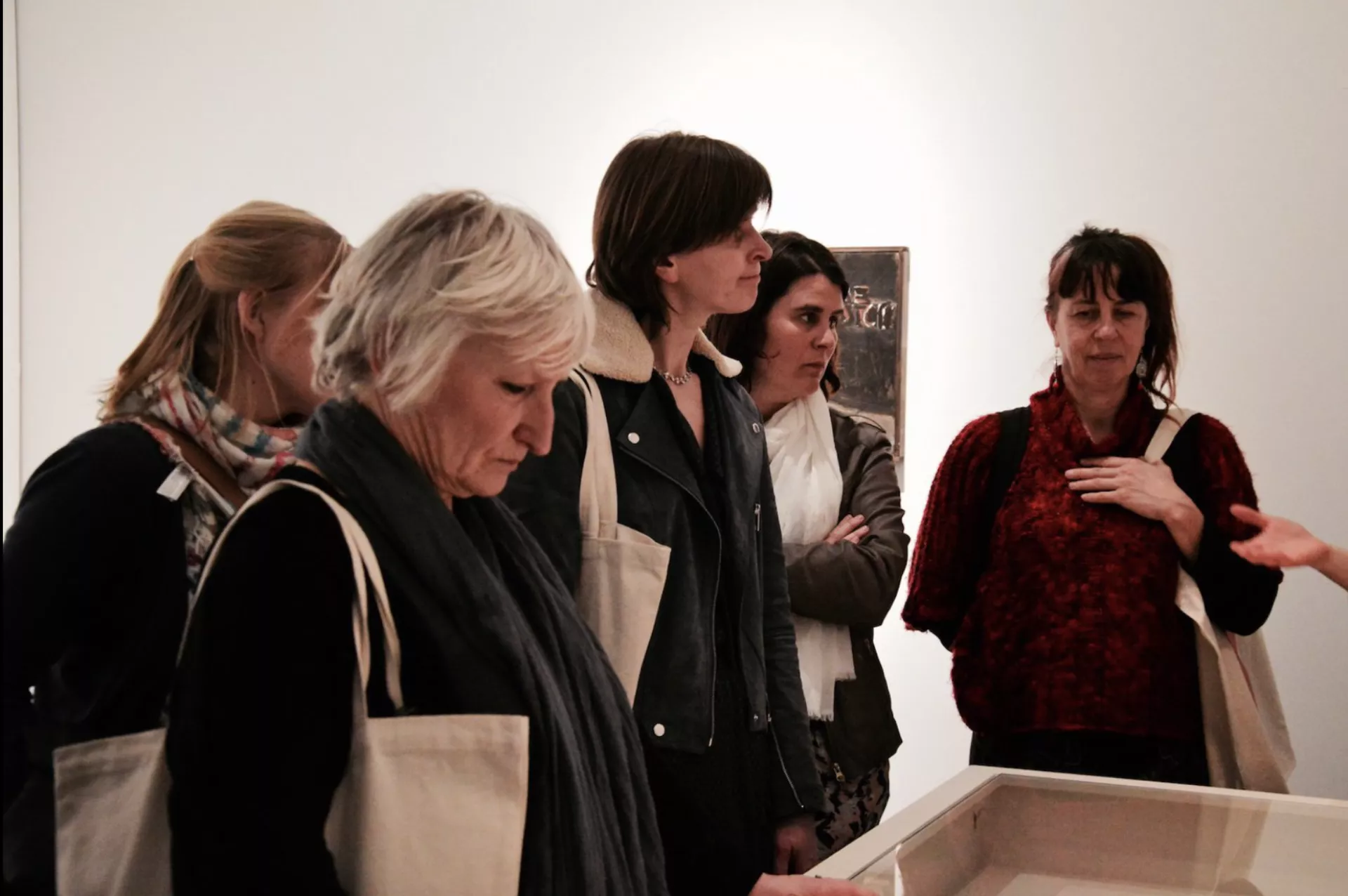
Sunday 13 January 2019 - 14:00-15:00
